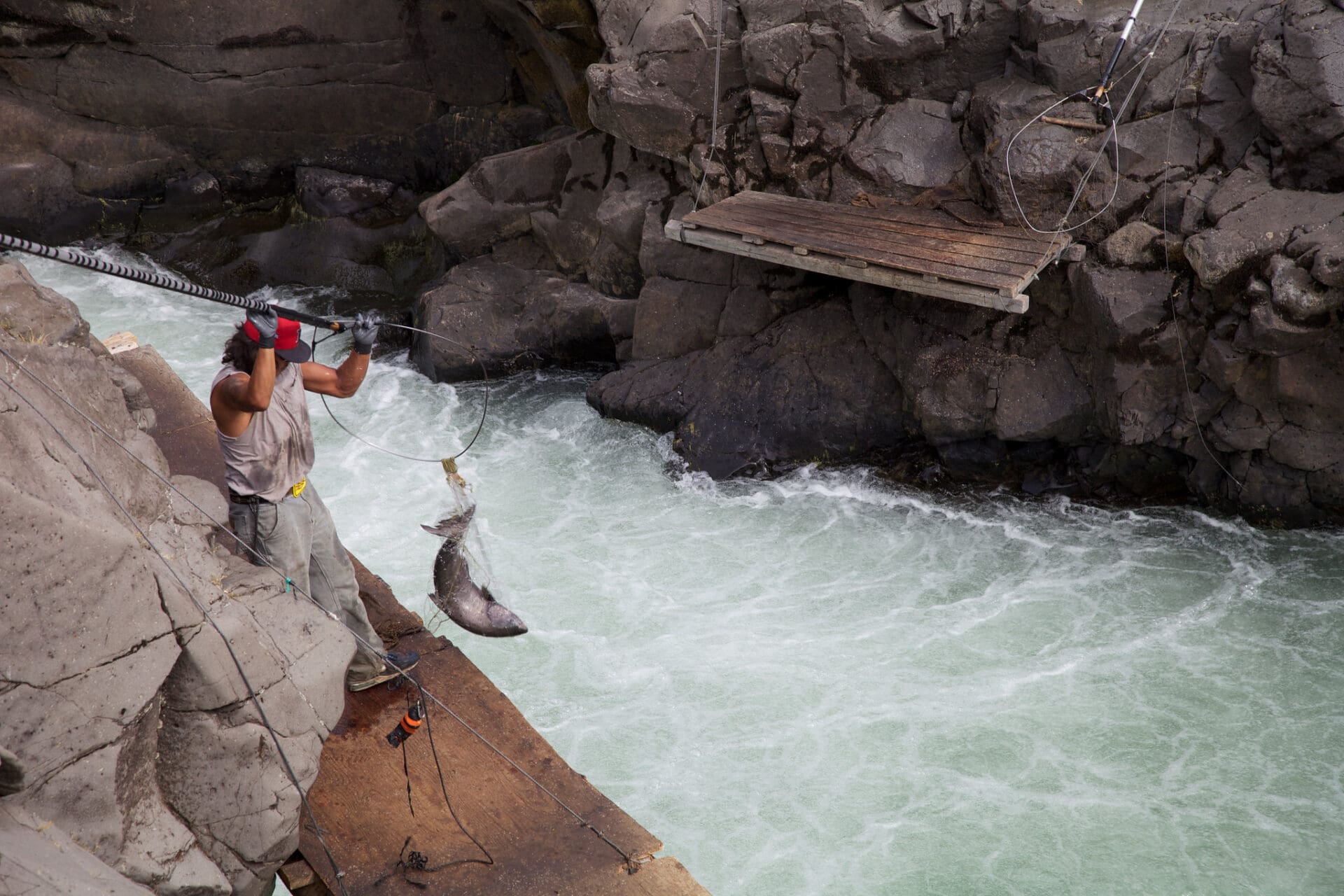The majority of federally-recognized Tribal Nations in Washington state oppose Initiative 2117.
I-2117 would cut investments in clean air and water, forests and farmlands, jobs, and transportation infrastructure across Washington state. It would also eliminate critical project funding and shift the full burden of additional pollution to Tribal Nations and overburdened communities.
If passed, I-2117 would end a major source of funding for Tribal environmental leadership and action, including:
Tribal Climate Adaptation & Capacity Grants:
I-2117 would eliminate the funding source for $70 million per biennium in grants for Tribes grappling with environmental impacts, like protecting communities from sea level rise. That includes relocation of the Quinault Indian Nation’s Queets Village and funding for the Coastal Hazards Assistance program. I-2117 would also jeopardize funding for wildland fire management training for Tribal communities and members.
Tribal Transit Mobility Grants and Transit Projects on Tribal Lands:
I-2117 threatens the funding for $10 million in investments for Tribal MobilityGrants, and funding for initiatives like: the Sauk-Suiattle Tribal TransitProgram, Lummi Transit electric bus acquisition, the Spokane TribeMoccasin Express, Snoqualmie Tribal Transit Program, Cowlitz Indian TribeTransit Program, and Clallam Transit Rural Service, among many others. I-2117 would also threaten funding for $5 million in Tribal grants for boat electrification.
Tribally-Led Clean Energy Projects:
I-2117 would drastically reduce funding for Tribally-led clean energy projects. That includes $20 million in clean energy funding for Yakama Solar, $2.5 million for a Clean Energy Innovation Center at NW Indian College, and $10 million for Tribal clean energy grants.
Salmon Recovery
I-2117 would eliminate significant funding to protect endangered fish habitat and support salmon recovery across the state. That includes removing barriers that hurt migratory fish, like spawning salmon; and programs for salmon recovery and improving their habitat in lakes, rivers, and streams.
Reducing Health Disparities in Overburdened Communities
I-2117 would slash $26.3 million for grants to Tribal Nations and overburdened communities to implement the Healthy Environment for All Act and update the Department of Health’s environmental health disparities map. It also provides funding to support modernizing Tribal schools.


